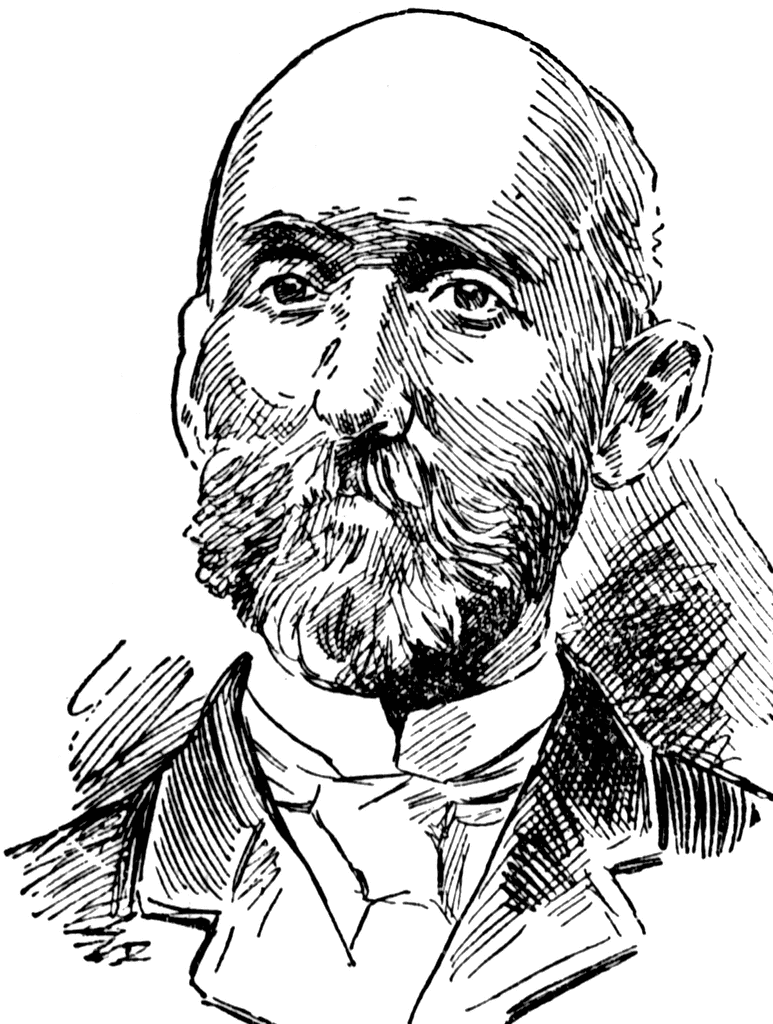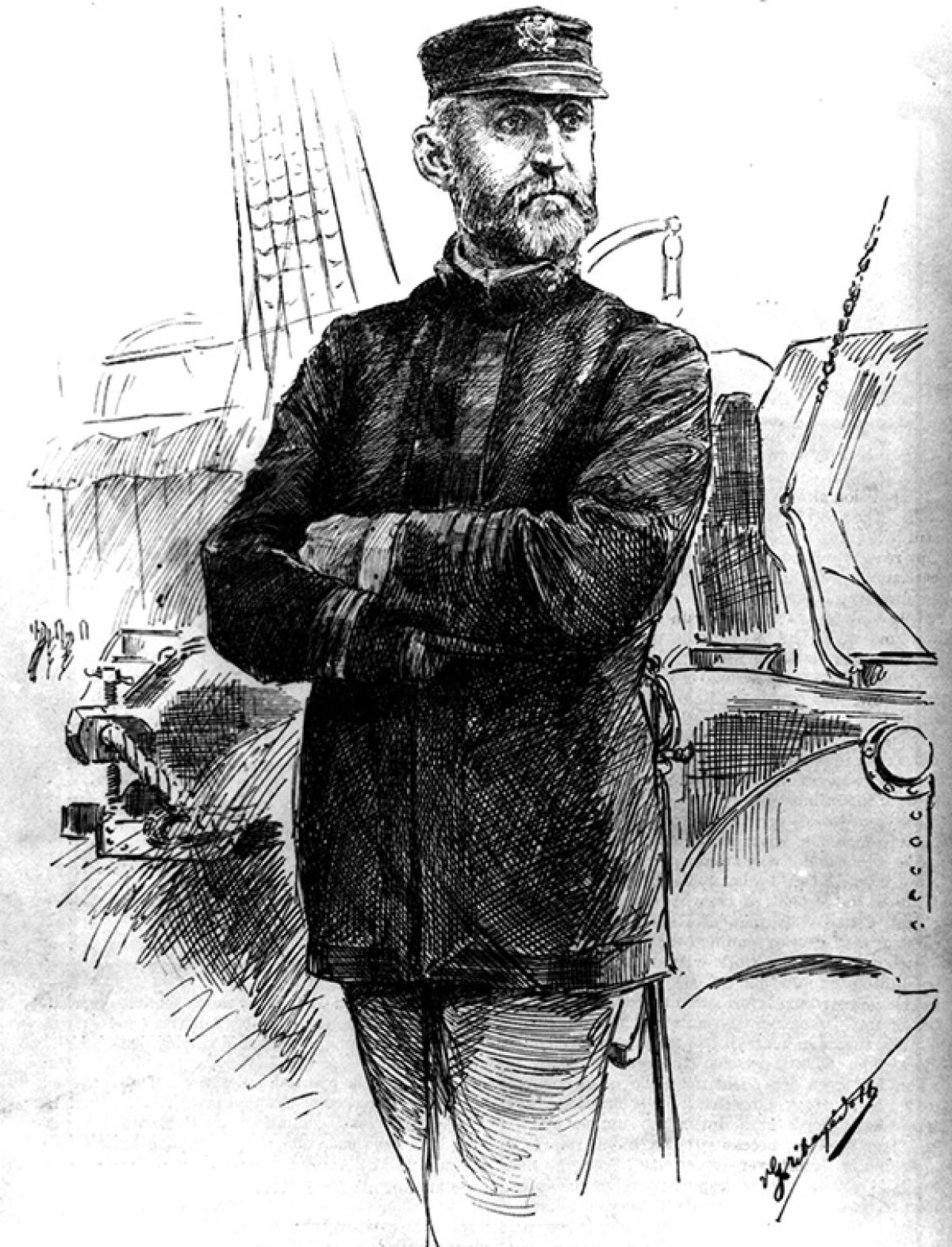
The publication of Mahan's books preceded much of the disorder associated with the 1890s, but his work resonated with many leading intellectuals and politicians concerned by the political and economic challenges of the period and the declining lack of economic opportunity on the American continent. The 1890s were marked by social and economic unrest throughout the United States, which culminated in the onset of an economic depression between 18. foreign policy, particularly in the quest to expand U.S. Mahan and some leading American politicians believed that these lessons could be applied to U.S.

Mahan argued that British control of the seas, combined with a corresponding decline in the naval strength of its major European rivals, paved the way for Great Britain's emergence as the world's dominant military, political, and economic power. Two years later, he completed a supplementary volume, The Influence of Sea Power upon the French Revolution and Empire, 1793-1812. In 1890, Captain Alfred Thayer Mahan, a lecturer in naval history and the president of the United States Naval War College, published The Influence of Sea Power upon History, 1660-1783, a revolutionary analysis of the importance of naval power as a factor in the rise of the British Empire. 1, 1914.Mahan's The Influence of Sea Power upon History: Securing International Markets in the 1890s In 1912 Mahan accepted a position at the Carnegie Institution in Washington, D.C. It was largely on the basis of Mahan's ideas, for instance, that President Theodore Roosevelt took steps to acquire the Panama Canal for the United States. In his writings Mahan argued that expansion was a military necessity for the United States. Mahan's major influence came from his association with such politicians as John Hay, Henry Cabot Lodge, and Theodore Roosevelt, all of whom were committed to American imperial expansion. After the war he was one of the American representatives to the Hague Disarmament Conference. Mahan retired in 1896, but during the Spanish-American War he was called to serve on the Naval War Board, an informal advisory body to the secretary of the Navy. His other major work was The Influence of Sea Power upon the French Revolution and Empire, 1793-1812 (2 vols., 1892). His book attracted favorable attention and established him as an important military thinker. But his study of the influence of sea power changed his views, and he came to the conclusion that strong naval power was essential to maintain national strength.

Up to this point in his life, Mahan had believed that the United States should avoid international involvement and concentrate solely on defense. In outlining his lectures he first formulated the ideas that became the basis of The Influence of Sea Power upon History, 1660-1783 (1890). He was invited in 1884 to lecture on naval tactics and history at the newly established Naval War College. He became increasingly interested in writing and in 1883 published his first book, The Gulf and Inland Waters, part of the naval history of the Civil War.Īlmost immediately thereafter occurred what was probably the decisive event of Mahan's life.

Naval Academy at Annapolis in 1856, graduating second in his class in 1859.ĭuring the Civil War, Mahan spent most of his time on blockade duty and in the years after the war received a variety of assignments. After 2 years at Columbia College he entered the U.S. Young Mahan evidently intended a military career from the beginning. Military Academy at West Point and a professor of civil and military engineering. Alfred Thayer Mahan (1840-1914), American naval historian and strategist, provided the intellectual and historical foundations for American imperial expansion.Īlfred Thayer Mahan was born on Sept.


 0 kommentar(er)
0 kommentar(er)
